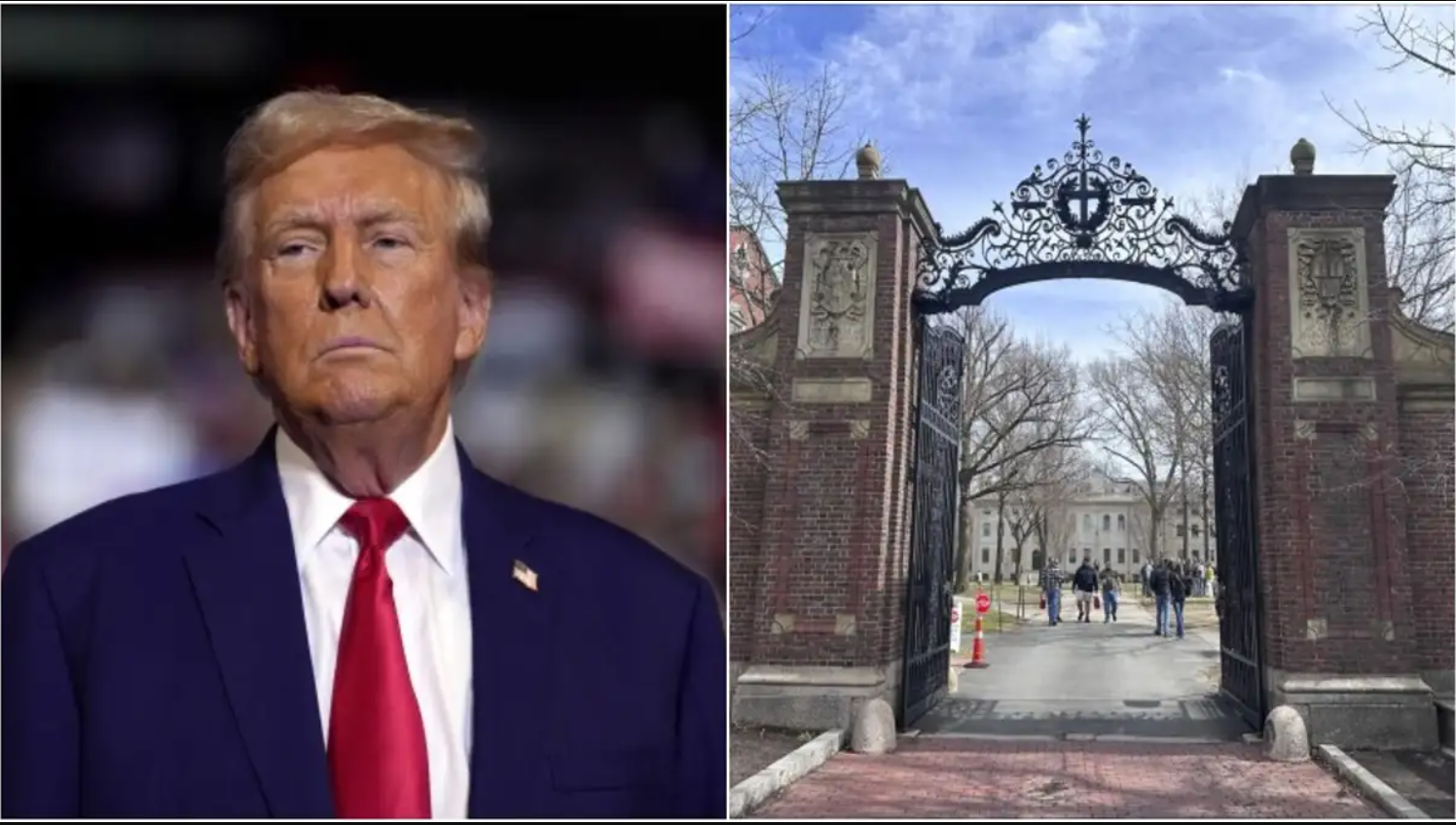
Federal Cuts Hit Harvard’s Research Backbone
The Trump administration has blocked over $1 billion in federal research funding to Harvard University, escalating a major political standoff. The decision comes amid growing federal pressure on elite universities to reform what the White House calls ideological bias and mismanagement. While the freeze does not affect student financial aid or federal loans, it places Harvard’s science, technology, and policy research at risk.
This follows an earlier freeze of $2.2 billion in ongoing multi-year research grants, affecting programs across multiple disciplines.
White House Issues Tough Conditions
The administration tied the funding block to a set of sweeping demands. It wants Harvard to:
-
Enforce strict merit-based admissions and hiring
-
Tighten campus protest rules
-
Improve ideological balance among faculty
Additionally, Harvard must review its international student program. The university is expected to report any foreign student accused of violating codes of conduct or expressing anti-American views.
A senior official said, “This is about accountability. Institutions receiving federal money must uphold national values and protect free speech for all.”
Civil Rights Investigations Add Pressure
Harvard is currently facing multiple civil rights probes, launched in early 2025. These investigations examine its response to campus unrest and alleged failures in student protection. The administration has asked the university to enter formal negotiations with federal agencies. It warned that failure to comply may trigger more penalties.
Threats to Tax-Exempt Status and Student Visas
Beyond cutting funds, the White House has threatened to revoke Harvard’s tax-exempt status. It has also warned that Harvard may be barred from hosting foreign students if it resists the demands.
Such measures would have significant financial and academic consequences. International students account for a large share of Harvard’s tuition revenue and global prestige.
Harvard Pushes Back With Lawsuit
Harvard President Alan Garber has refused to comply. He called the federal demands an “attack on academic freedom.”
“No government—regardless of which party is in power—should dictate what private universities can teach, whom they can admit and hire, and which areas of inquiry they can pursue.”
Harvard has filed a lawsuit, calling the freeze “arbitrary and capricious.” The university argues it violates First Amendment rights and sets a dangerous precedent for higher education.
Harvard’s Wealth Can’t Offset Research Cuts
Despite its $53 billion endowment, Harvard relies heavily on federal research grants. These funds make up over 10% of its annual revenue and support critical projects in medicine, engineering, and climate science.
Without these grants, labs will shut down, researchers may be laid off, and long-term innovation could stall.
Wider Impact Across U.S. Higher Education
The funding freeze is part of a broader federal effort to reshape American universities. The administration has criticized institutions for promoting left-leaning ideologies and not doing enough to protect Jewish students from campus hostility. As the situation escalates, other universities are bracing for similar scrutiny. Some are already reassessing their own DEI programs and campus policies.
Legal Showdown Could Set National Precedent
Legal experts say the outcome of Harvard’s lawsuit could shape the future of government-university relations. If the administration succeeds in enforcing its demands, it may open the door to greater federal control over private institutions.
For now, Harvard stands firm. But the battle over what defines academic freedom, ideological neutrality, and public accountability is far from over.